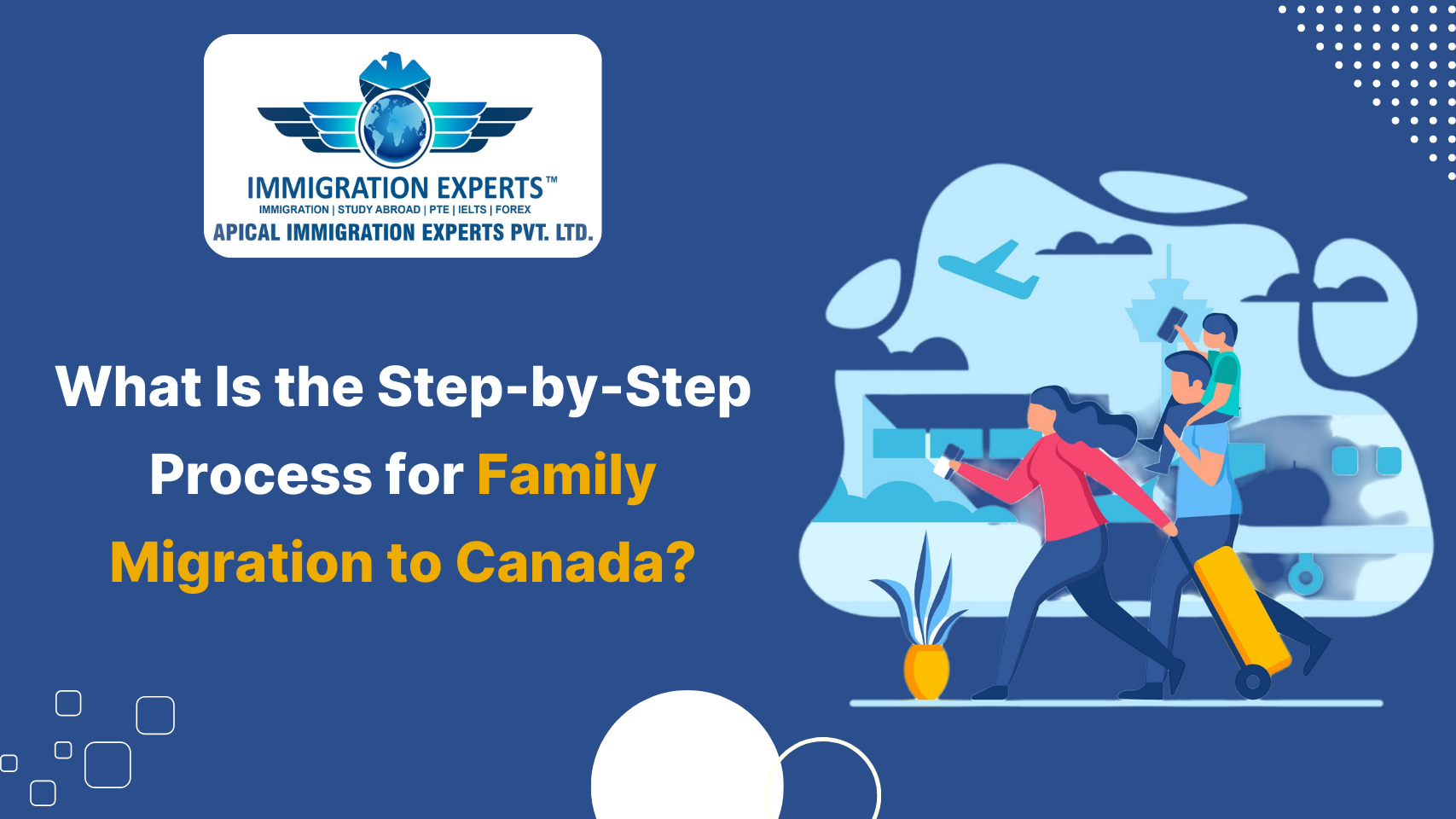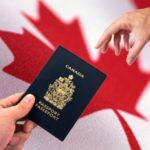Canada is one of the most welcoming countries in the world when it comes to family reunification. Through its robust immigration programs, Canada allows Canadian citizens and permanent residents to sponsor eligible family members to join them.
The process may seem complex at first glance, but with the right guidance, migrating your family to Canada is absolutely achievable.
If you’re considering reuniting with your loved ones in the Great White North, here’s a complete step-by-step breakdown of the family migration process to Canada in 2025.
Tips for a Successful Family Migration Experience to Canada
Step 1: Determine Your Eligibility to Sponsor
Before you begin the application process, the first and most crucial step is to determine whether you (the sponsor) meet the eligibility criteria.
You can sponsor if:
- You are at least 18 years old.
- You are a Canadian citizen, a permanent resident, or a registered Indian under the Canadian Indian Act.
- You live in Canada, or you plan to return to Canada when your sponsored relatives arrive.
- You can prove that you are not receiving social assistance for reasons other than disability.
- You can financially support the person(s) you are sponsoring.
You may need to sign a financial undertaking that you will support the sponsored person for a specific period (ranging from 3 to 20 years depending on the relationship).
Must Read: Canadian Immigration Consultants in Delhi
Step 2: Understand Who You Can Sponsor
Under the Family Class Sponsorship Program, you may be able to sponsor:
- Spouse, common-law, or conjugal partner
- Dependent children
- Parents and grandparents
- Orphaned siblings, nephews, nieces, or grandchildren under 18 and unmarried
- Other relatives, under special circumstances
Each category has specific requirements and forms. Make sure you check the latest Immigration, Refugees and Citizenship Canada (IRCC) guidelines before applying.
Step 3: Gather and Prepare Documentation
Accurate documentation is vital for your application’s success. Required documents include:
- Proof of status in Canada (passport, PR card, citizenship certificate)
- Proof of relationship with the sponsored person (marriage certificate, birth certificate, photographs, communication records, etc.)
- Financial documents to prove income support
- Identity documents of the applicant (passport, national ID, etc.)
- Police clearance certificate(s)
- Medical examination results for the applicant
Always refer to the latest document checklist (IMM 5287, IMM 5589, etc.) based on the applicant category.
Step 4: Submit the Sponsorship and Permanent Residence Applications
In most cases, both applications (sponsorship and permanent residence) must be submitted together to IRCC.
You’ll need to:
- Complete the sponsorship application form (IMM 1344)
- Complete the generic application form for Canada (IMM 0008)
- Pay the required application fees (sponsorship fee, processing fee, Right of Permanent Residence Fee)
You can submit applications online via IRCC’s portal or by paper in some limited situations.
Step 5: Wait for the Application to Be Processed
The processing time varies depending on the sponsored relative’s category and country of residence.
- Spousal Sponsorship: Around 10–12 months
- Parent and Grandparent Sponsorship: 20–24 months
- Dependent Children: Typically, 8–12 months
You can track your application status online through the IRCC portal.
Step 6: Respond to Requests for Additional Information
During the review, IRCC may request:
- Biometrics (fingerprints and photo)
- Medical exams
- Police background checks
- Additional supporting documentation
Prompt responses help avoid unnecessary delays.
Step 7: Decision & Confirmation of Permanent Residence
Once approved, your family member(s) will receive a Confirmation of Permanent Residence (COPR) and instructions to finalize their landing in Canada.
- If they are outside Canada, they’ll receive a PR visa in their passport.
- If they are in Canada (e.g., through Inland Sponsorship), they may be invited for a virtual landing interview or receive their PR card by mail.
Step 8: Post-Arrival Support
Once your family member lands in Canada:
- Help them apply for a Social Insurance Number (SIN).
- Register for healthcare in your province.
- Enroll children in schools.
- Open a bank account.
- Provide support in finding housing and jobs, if needed.
You (as a sponsor) remain financially responsible for your relative(s) for a certain period, depending on the sponsorship category.
Key Tips for a Smooth Family Sponsorship Process
- Always use the latest IRCC forms and checklists.
- Double-check for completeness before submission.
- Respond quickly to IRCC communications.
- Consult an authorized immigration consultant or lawyer for complex cases or appeals.
Why Choose Canada for Family Reunification?
Canada strongly believes in the importance of family unity. Through transparent and compassionate policies, it ensures families can grow and thrive together. Whether you are bringing a spouse, child, or parent, the Canadian immigration system is structured to support long-term family stability and integration.
Final Thoughts:
The step-by-step family migration process to Canada requires diligence, accurate documentation, and patience. But with the right preparation and professional guidance, reuniting with your loved ones is entirely achievable. Whether you’re just starting or already mid-process, staying informed is the best way to navigate Canada’s family sponsorship system in 2025.






